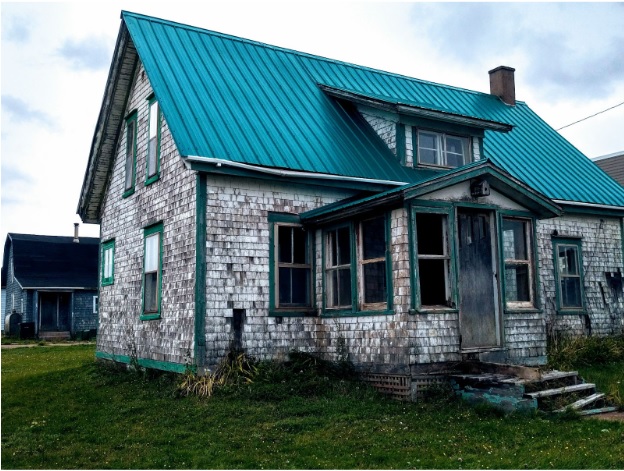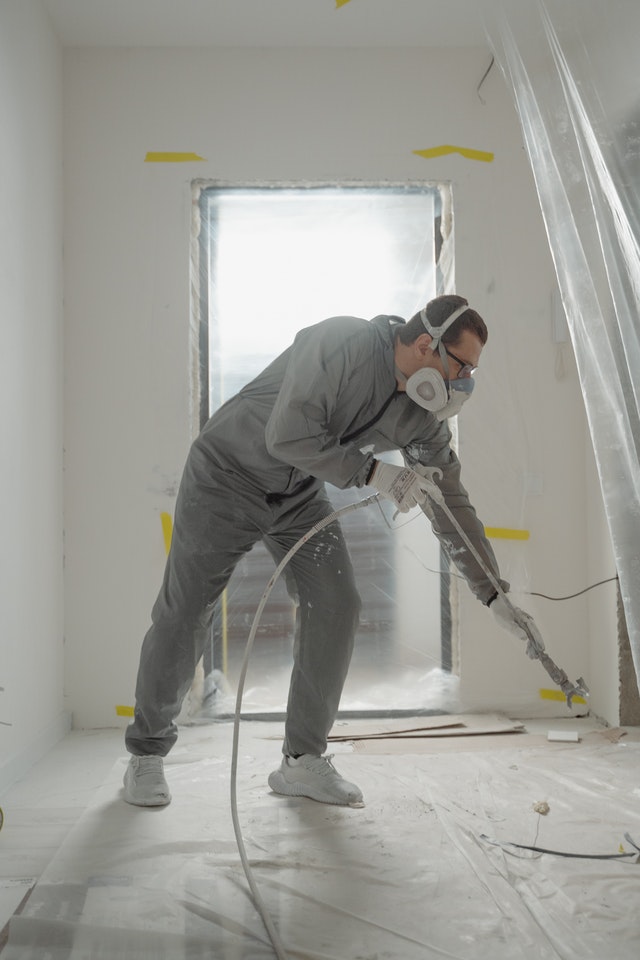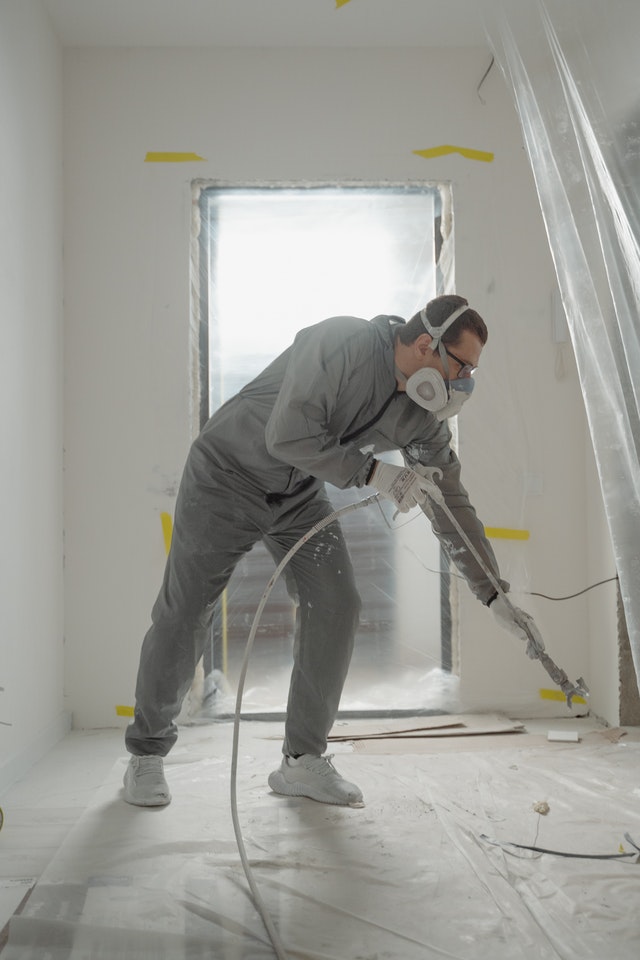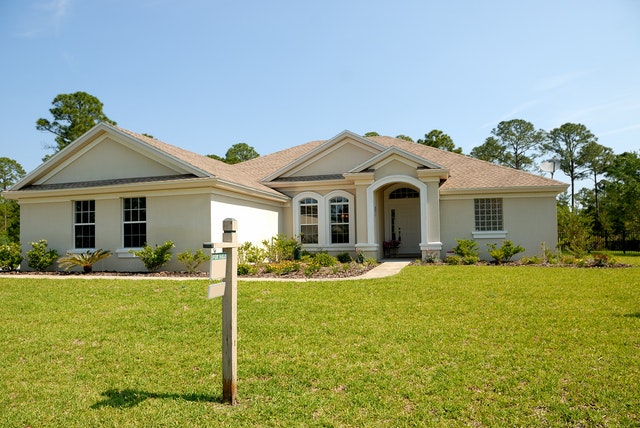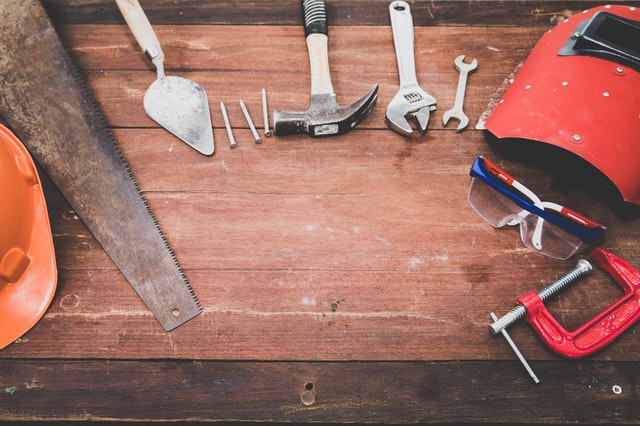
You’re eating dinner with your family when your phone suddenly rings. Unfortunately, your tenant is calling to tell you of a serious problem—a burst pipe that has completely flooded the kitchen.
As emergency repairs go, landlords are required to immediately take action. Obviously, this is required for safety reasons and legal reasons. In this article, we’ll discuss how to approach emergency repairs so that you can use these in your landlord practices.
That way, you’ll be able to handle emergency repairs like a pro without ruining your weekend plans. Meet your obligations, keep your tenant happy, and protect your investment.
What is Considered a Landlord Emergency?
Before anything else, let’s review the landlord responsibilities in Michigan regarding emergency repairs:
- As the owner of the property, landlords are expected to immediately address any dangerous situation that can lead to occupant injury.
- Landlords usually do not have unpermitted access to the property during a tenant’s lease – except when a landlord can reasonably believe there’s an emergency issue.
- You’re obligated to take action within 24 hours of the tenant informing you of the emergency. Otherwise, tenants can withhold rent, repair & deduct, file a lawsuit, or report to a public official.
Although the information stated above is from the state of Michigan, other states and cities will have similar rules and responsibilities. Now that we’ve brushed over the legal responsibilities, let’s proceed to what makes an “emergency repair.”
If left up to a tenant, anything that prohibits the tenant from living properly and comfortably on the property is an emergency. Legally, an emergency is anything that is likely to cause injury to a property occupant or visitor.
Here are a few examples:
- A gas leak, as could cause an explosion or breathing problems, or poisoning.
- Faulty or exposed wiring could electrocute someone or cause a fire that could result in occupant deaths.
- A broken water supply line damages occupant possession and/or the property.
- No heat during the winter months.
Non-emergency examples:
- Sewer backup
- No hot water
- Minor water leaks
- No electricity (unless it affects heat during winter)
- List
The general rule to keep in mind is if it can wait until tomorrow, without the situation getting worse, then it is not an emergency.
Best Practices as a Landlord for Emergency Repairs
Now that we’ve covered landlord obligations, let’s dive into some of the best practices in handling and preventing emergency repairs, especially during the holidays. No matter what the situation is, here are some tips you need to keep in mind:
- Always Be Prompt
The sooner you can fix a problem, the better. As much as possible, don’t let any repair needed last longer than 3 days. Be prompt when dealing with your tenants’ concerns, especially with emergencies. Being prompt will make your tenants happy and protect your property from serious damages.
- Keep Up Your Professionalism
Always be respectful and accommodating even during the holidays. Chances are your tenant also doesn’t want to deal with any problems during these times. Remember to always conduct yourself professionally.
- Determine if an Actual Emergency
- Before taking the next steps, you need to make sure it’s a real emergency. Tenants might not be aware that some issues fall on themselves to fix. For example, some issues like a clogged sink or a broken element on the stove aren’t emergencies that need to be addressed immediately.
Set Expectations
Before anything, clarify what you are willing and not willing to do in the lease agreement. If your tenants know the extent of your abilities and obligations from the get-go, they won’t place any unreasonable expectations or call you up for repairs that they should handle themselves.
- Have a Prevention Plan
The best way to deal with an emergency repair is by avoiding it completely. So, before the holidays come around, do a maintenance check to make sure everything is in order. Identify and deal with any problems you spot during the inspection to protect your property while saving time and effort.
- Maintain Good Communication
Whether you can help or not, always keep an open line of communication with your tenants. Even if you can’t fix the problem right away (or the repair isn’t actually considered an emergency repair), picking up their calls and hearing their concerns shows your professionalism as a landlord, and encourages them to keep you updated with the conditions of your investment property.
- Have Contacts for Emergencies
For situations that qualify as an emergency, keep a list of contacts with a description of their services. As mentioned earlier in the article, emergency repairs are typically water-related concerns.
With that being said, one of your emergency contacts should be a plumbing service with a description along the lines of “24/7 service including holidays.” However, if there aren’t any, resort to the next quickest option such as services that can be rendered on the next day.
Regardless if you can do anything or not, you still need to deal with your tenants and their concerns during the holidays. As long as you deal with your landlord’s responsibilities the best that you can, you can get the best possible outcome for emergency repair situations.
Be Prepared for Emergency Repairs
Emergency repairs can be a hassle, every day of the week. But by having good practices that help prepare you for such events, you’ll be well equipped to deal with them any time of the year. After all, you never know when a tenant will call for an emergency repair!
Got any more questions about emergency repairs? Let us know in the comments below!

